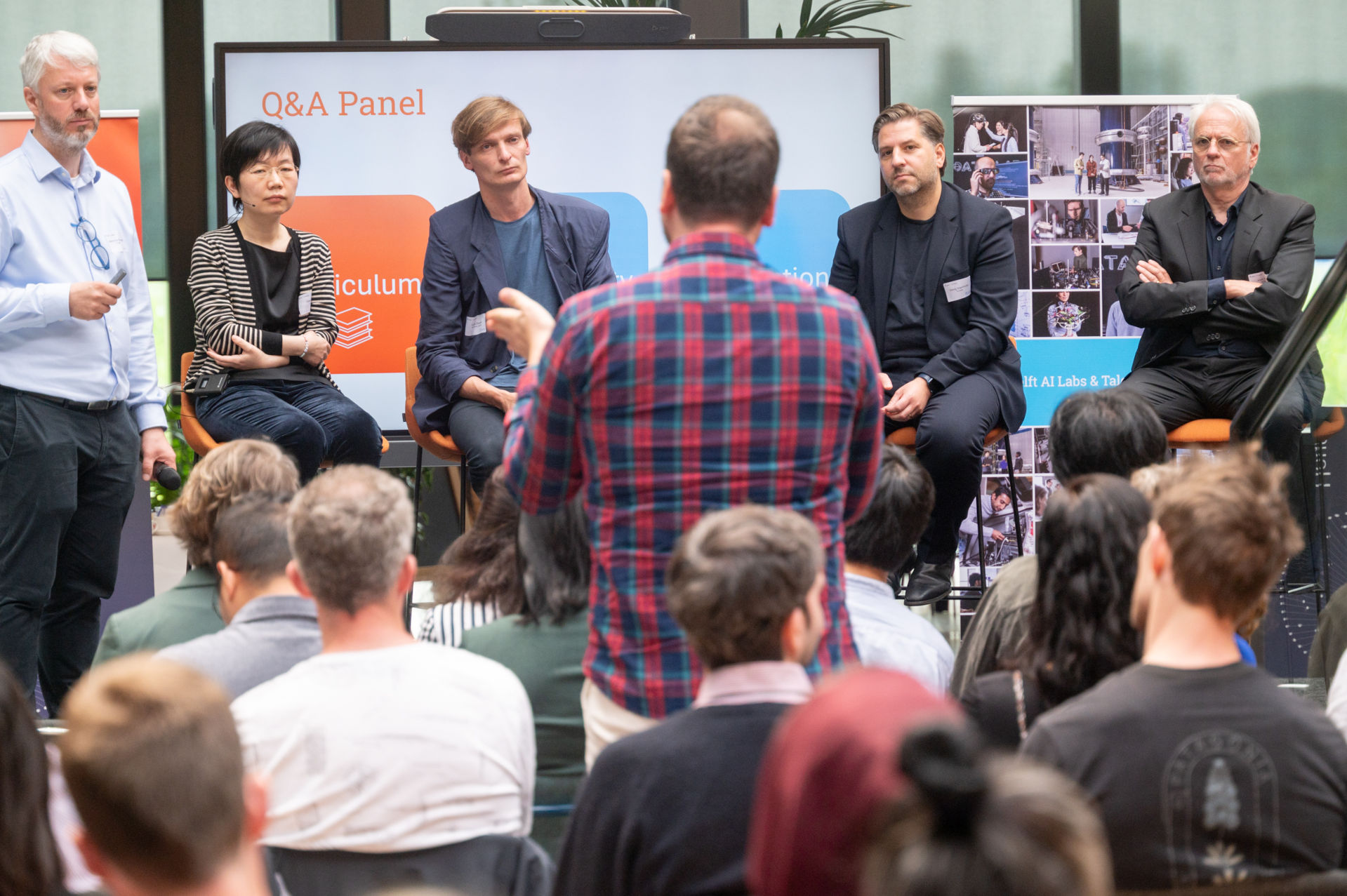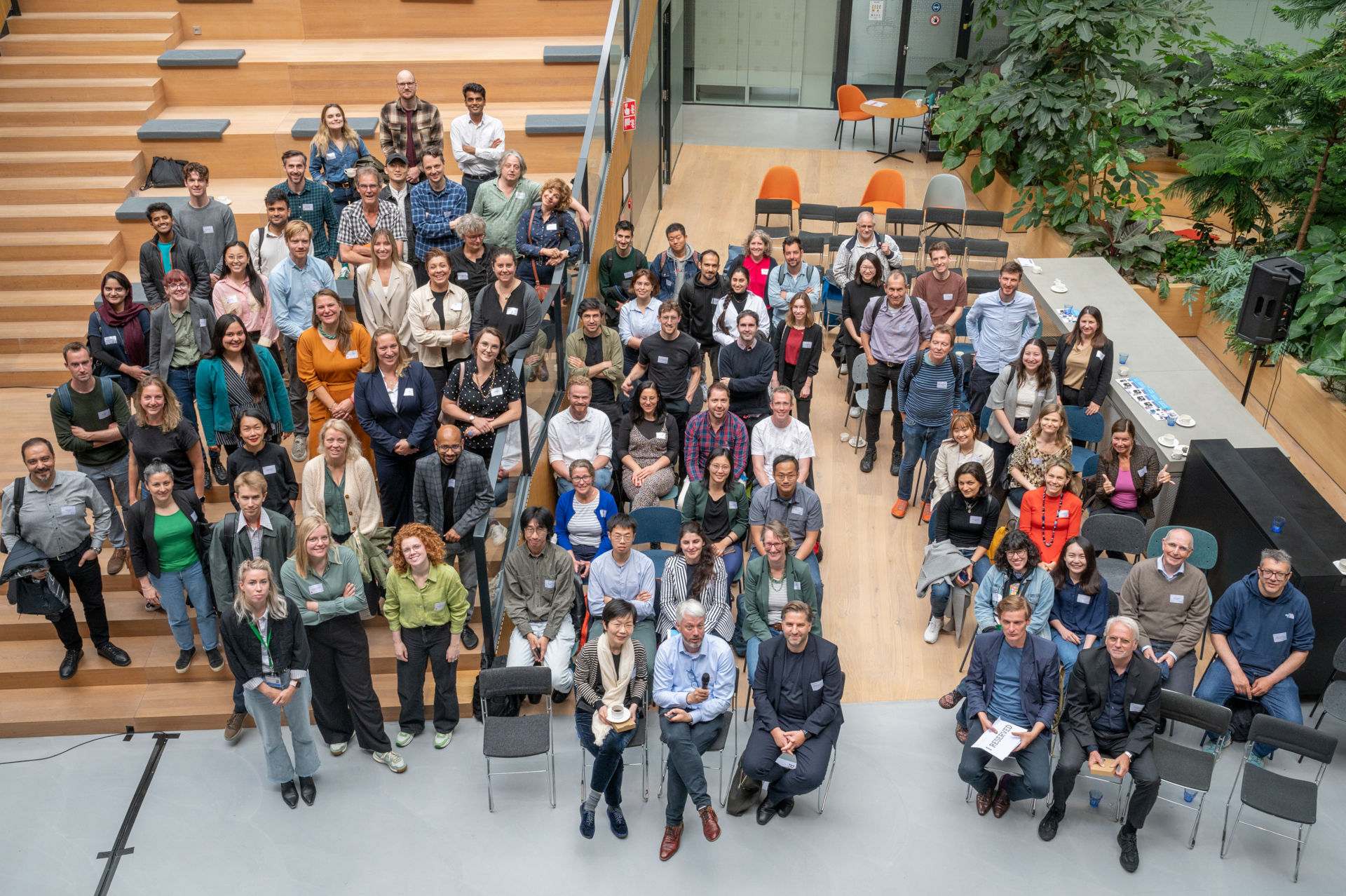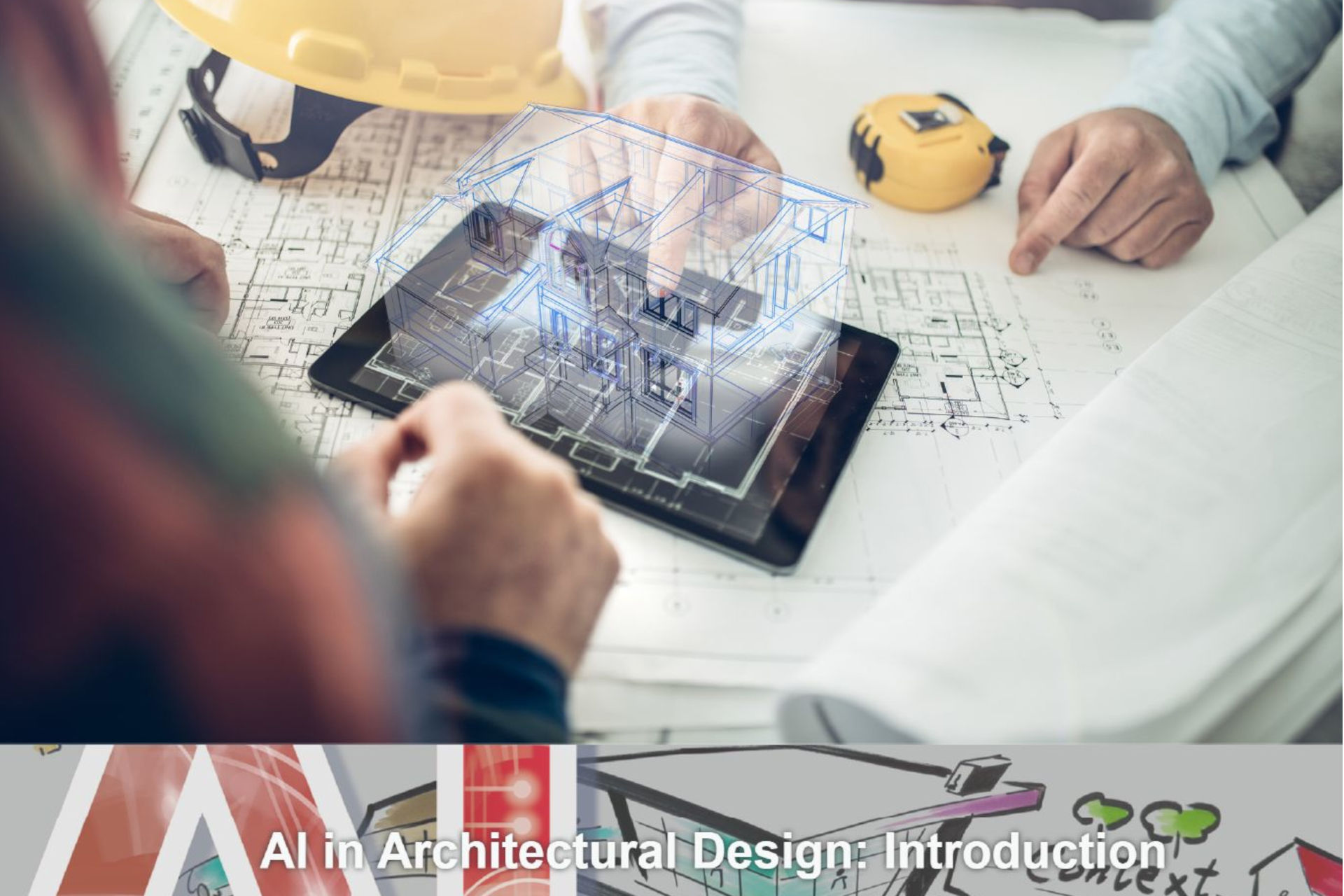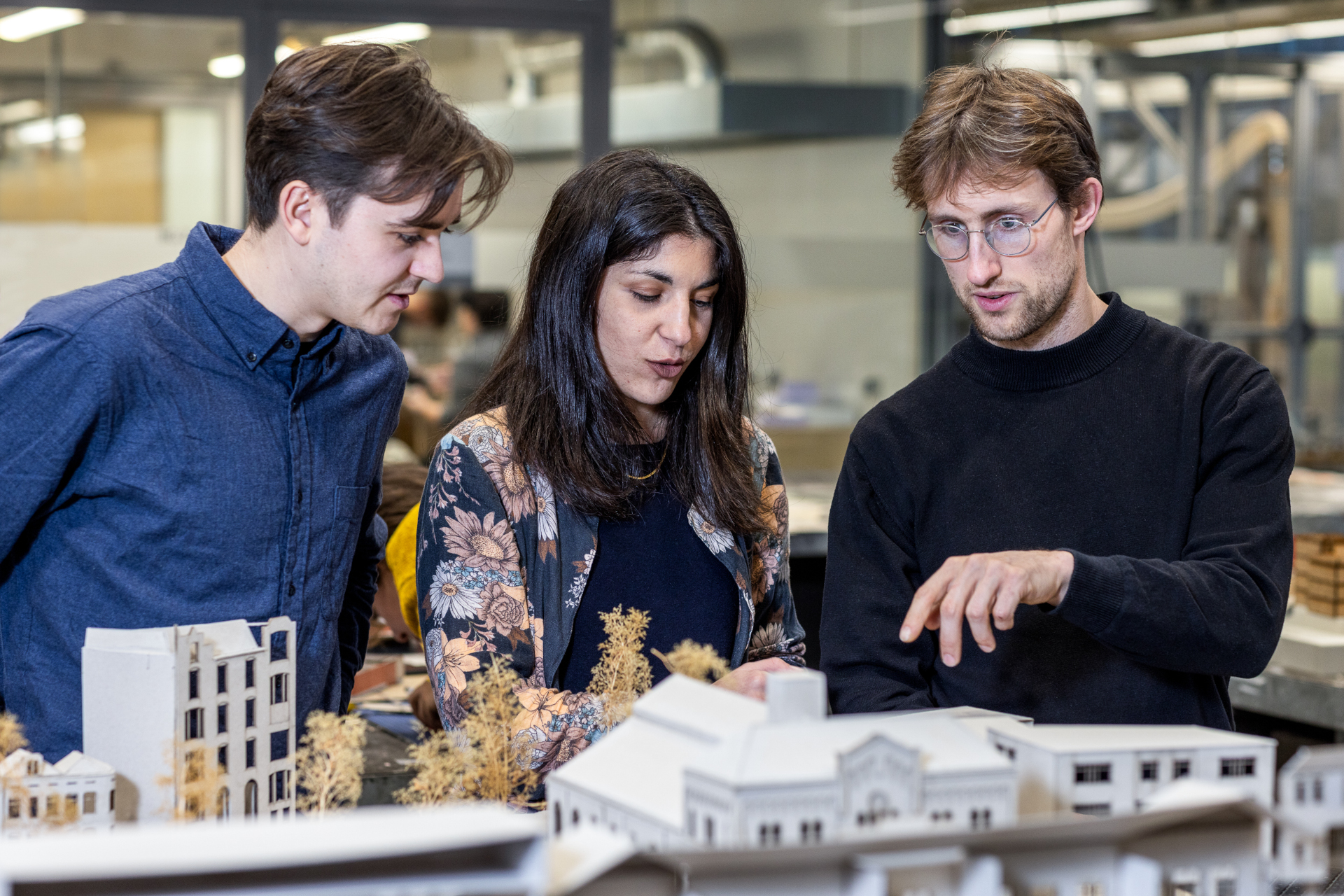Artificial intelligence (AI) is transforming the way we engage with science, engineering, and design—impacting the entire problem-solving process. AI is no longer just a tool but an integral part of developing hypotheses, designing experiments, optimizing products, and enhancing creativity through generative methods. At TU Delft, we strive to equip students for this reality, recognizing that AI knowledge is becoming increasingly essential across every discipline.
This means more than simply offering general AI literacy; it involves directly integrating AI education into each discipline. AI applications vary widely: from generating floorplans in architecture to molecular engineering in chemistry. This diversity in applications requires students to learn how to work with AI in ways specific to their own discipline. By embedding AI education within the discipline, we strengthen students' knowledge and skills, enabling them to use AI responsibly to address complex challenges in their work. With this approach, TU Delft prepares graduates for a future where AI is an inseparable part of their professional practice.
Symposium on AI education
A line-up of interesting keynotes and workshops about AI Education captivated the audience during the fourth annual Spring Symposium organised by TU Delft AI Initiative. From the fields of law and architecture to physics – a variety of disciplines were discussed, each showing how AI is a game changer for the future of their respective fields and the consequences this has for the education of the future. This underscores the importance of considering AI education across the whole university.
MOOC: AI in Architectural Design
To prepare the architect of the future, we’ve developed a new MOOC: AI in Architectural Design. This free course offers the opportunity to stay ahead in the evolving world of design and technology, and is not only interesting for practicing architect but also for students who are eager to diversify their skills, enhance their design process and boost their job market competitiveness. The course challenges to rethink design as data storytelling by leveraging AI, machine learning, and computer vision. The duration of the MOOC is 10 weeks (2-4 hours per week), and even though the course is free it allows you to earn a certificate (for $149).
The instructors are Seyran Khademi (Assistant Professor at Faculty of Architecture and the Built Environment TU Delft & co-director of AiDAPT Lab), Casper van Engelenburg (PhD candidate at TU Delft), and Pablo G. Morato (Postdoc at TU Delft).
What you’ll learn in short:
• Understand AI and machine learning as the science behind the technology.
• Explore computer vision and its applications in architectural design.
• Master data storytelling to upgrade your design presentations.
• Gain practical experience with Python and build your own small machine learning project.
CALL FOR PROPOSAL ON AI-AUGMENTED ENGINEERING
As AI is radically changing the design, engineering and science processes, the engineer's role will change accordingly. Instead of replacing engineers, the expectation is that (generative) AI can augment engineers in their intellectual work, creativity, and productivity.
Designing and engineering with AI, and using AI in science is not only learning how to use this technology, but also to meaningfully control the safety, reliability, and quality of the AI-generated products, results and underlying processes. How can engineers remain accountable for their design and design choices, especially if the generative-AI process lacks transparency or proposes unconventional solutions?
To prepare future engineers from all disciplines at TU Delft and skill them in AI-augmented design, engineering and science, our students could benefit from education on how to work with AI-augmented techniques, and apply these in a responsible way.
The TU Delft AI-Initiative makes 4 grants of 25k€ each available, to stimulate the acquisition of knowledge and skills about AI-augmented engineering education and to share this with other teachers at TU Delft.






